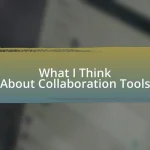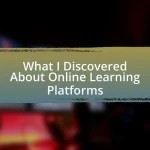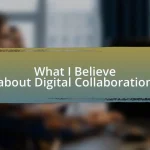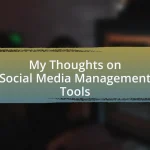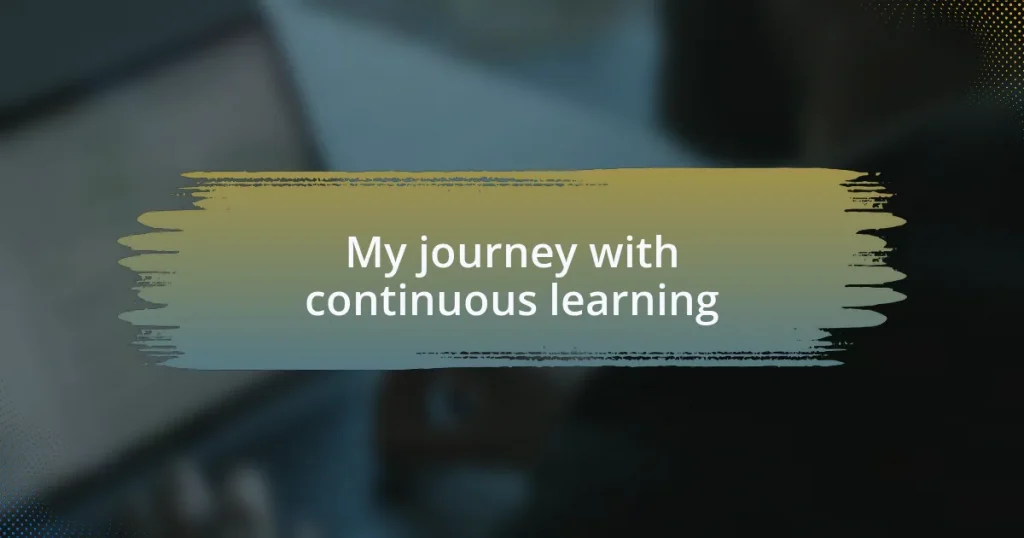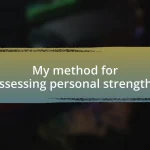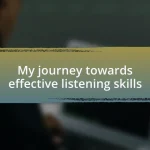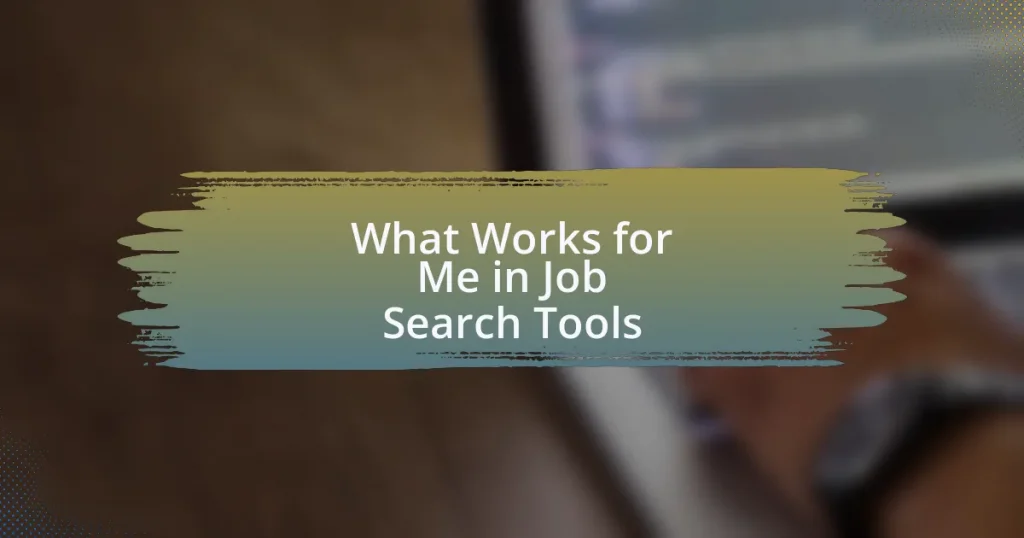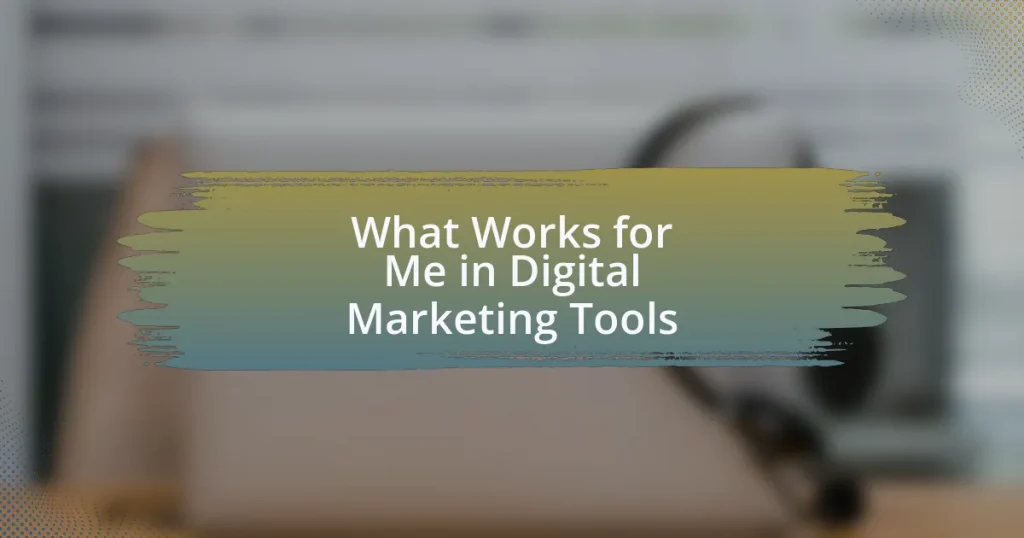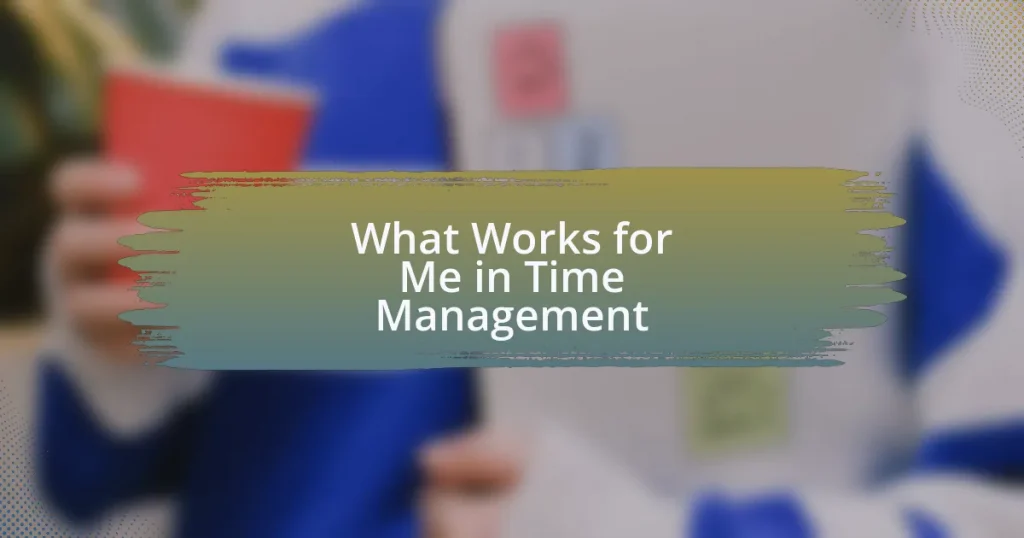Key takeaways:
- Continuous learning is vital for adapting to technological changes in web development, enhancing both personal and professional growth.
- Mastering foundational skills like HTML, CSS, and JavaScript is essential for a successful web development career.
- Utilizing resources such as online courses, podcasts, and community engagement can significantly improve and accelerate the learning process.
- Adopting a growth mindset and setting manageable learning goals help overcome challenges like self-doubt and time constraints.
Author: Charlotte Everly
Bio: Charlotte Everly is an accomplished author known for her evocative storytelling and richly drawn characters. With a background in literature and creative writing, she weaves tales that explore the complexities of human relationships and the beauty of everyday life. Charlotte’s debut novel was met with critical acclaim, earning her a dedicated readership and multiple awards. When she isn’t penning her next bestseller, she enjoys hiking in the mountains and sipping coffee at her local café. She resides in Seattle with her two rescue dogs, Bella and Max.
Understanding continuous learning
Continuous learning is a mindset that embraces growth and adaptation in our ever-evolving world. I remember feeling overwhelmed when I first started learning to code; each new concept seemed like a mountain to climb. Yet, that feeling of accomplishment after mastering a new framework or tool is what kept me going. Have you ever felt that rush when you finally grasp something that once seemed impossible?
I often think about the importance of adapting to new technologies in web development. In my experience, those who stagnate risk falling behind. For example, when I started using version control, it changed my workflow entirely—and for the better. That shift not only streamlined my projects but also gave me confidence in collaborating with others. Have you found certain practices or tools that transformed your approach?
The beauty of continuous learning lies in its accessibility; there are countless resources available today. I often lose track of time when diving into online courses or coding challenges. Each little improvement builds a foundation for future success. When was the last time you challenged yourself with something new? That spark of curiosity is the essence of keeping your skills fresh and relevant.
Importance of continuous learning
Embracing continuous learning is essential in a fast-paced field like web development. I remember an instance when I stumbled upon a new JavaScript library that seemed to be all the rage. At first, I hesitated; learning yet another framework felt daunting. However, diving into it opened my eyes to fresh possibilities, proving that stepping outside my comfort zone often reaps unexpected rewards. Have you ever discovered something new that reignited your passion for coding?
The landscape of technology is consistently shifting, and the skills I honed yesterday might not hold the same value tomorrow. I’ve seen colleagues who resisted learning newer methodologies struggle to keep up, while those who embraced change thrived. It’s become clear to me that continuous learning isn’t just an option; it’s a necessity for staying relevant. When you think about your own career, how do you adapt to these ever-changing demands?
Ultimately, cultivating a habit of continuous learning empowers personal and professional growth. Thinking back to when I first learned about responsive design, I felt a mix of excitement and apprehension. The realization that my work could significantly affect user experience was transformative. Each new skill I acquired not only enhanced my capabilities but fueled an insatiable curiosity to learn more. What would you like to master next in your own journey?
Key skills for web development
When it comes to web development, proficiency in HTML, CSS, and JavaScript forms the backbone of your skill set. I recall the first time I created a fully functional landing page using these technologies; the sense of accomplishment was incredible. Mastering these foundational languages isn’t just a checkbox on your to-do list—it’s a gateway to understanding how the web truly works. Have you ever built something from scratch that made you feel proud?
Beyond the basics, a solid grasp of version control systems, especially Git, is vital for collaborating effectively with teams. I distinctly remember grappling with Git commands during my early projects; it felt overwhelming at first. However, once I navigated through the initial hurdles, it turned out to be a game-changer for organizing my work and maintaining code integrity. How do you manage your projects and share your work with others?
Additionally, familiarity with frameworks and libraries, such as React or Vue.js, can significantly accelerate your development process. I’ve had moments where adopting a library saved me hours of coding, allowing me to focus more on problem-solving rather than getting bogged down in repetitive tasks. This adaptability to new tools not only enhances productivity but also enriches the quality of your work. What tools have you discovered that transformed the way you develop?
Resources for continuous learning
When it comes to continuous learning, there are several resources I’ve found particularly helpful. Online platforms like Udemy and Coursera offer a variety of courses tailored to different skill levels. I remember diving into a front-end development course on Udemy that not only taught me advanced CSS techniques but also reignited my passion for design. Have you ever stumbled upon a course that changed your perspective on a subject?
Podcasts have also been invaluable in my learning journey. I often listen to shows like “ShopTalk Show” or “JavaScript Jabber” while working out or commuting. The insights shared by industry experts can spark new ideas and motivate me to explore topics I hadn’t considered before. Have you ever listened to a podcast that inspired you to tackle new challenges in your work?
Additionally, engaging with communities on platforms like Stack Overflow or GitHub can provide real-time feedback and collaboration opportunities. I recall participating in a GitHub project where peer reviews helped me refine my coding style significantly. It’s amazing how much you can learn through discussion and direct interaction with others. What communities do you actively engage with that contribute to your learning?
Challenges faced during my journey
The journey of continuous learning has not been without its hurdles. One significant challenge I faced was grappling with self-doubt, especially when I encountered complex concepts like asynchronous programming. I vividly remember sitting at my desk, staring at a piece of code that seemed like an insurmountable wall. In those moments, I often asked myself: Am I cut out for this? Yet, pushing through that discomfort ultimately became a pivotal part of my growth.
Another obstacle was finding the time to learn amidst a busy schedule. Balancing work and personal projects often felt overwhelming, leading me to wonder how others seemed to make it all work. I discovered that setting small, attainable goals helped. For instance, dedicating just 30 minutes a day to coding practice turned those overwhelming hours into manageable chunks. Have you ever felt like time was your enemy in learning?
Finally, the vastness of technology can be daunting. With new frameworks and updates released regularly, I occasionally found myself feeling lost in a sea of information. I can remember feeling nostalgic about simpler times, when mastering a single language felt sufficient. To navigate this, I began to prioritize what truly mattered for my projects, focusing only on relevant updates and trends. Isn’t it liberating to filter out the noise and focus on what aligns with your goals?
Tips for effective continuous learning
One effective tip for continuous learning is to embrace a growth mindset. I remember a time when I celebrated small wins, like building my first functional website. It was a simple project, yet to me, it represented hours of struggle and learning. This shift in perspective, where I acknowledged progress rather than perfection, motivated me to tackle even more challenging concepts. Have you ever caught yourself focusing too much on what you can’t do instead of recognizing how far you’ve come?
Another strategy that has worked for me is creating a dedicated learning environment. I’ve found that having a specific space, free from distractions, helps me concentrate better. At one point, I transformed a corner of my living room into a mini-office, complete with all my learning resources. This setup signaled to my mind that it was time to focus and learn. How might your surroundings impact your learning experience?
Participating in online communities has also enriched my educational journey immensely. Connecting with other learners and professionals provided me with diverse perspectives and resources. I recall joining a forum where members shared their coding challenges and breakthroughs. It was enlightening to see that others faced similar issues. Have you ever felt that sense of belonging in a community while learning? It can truly enhance motivation and understanding.





